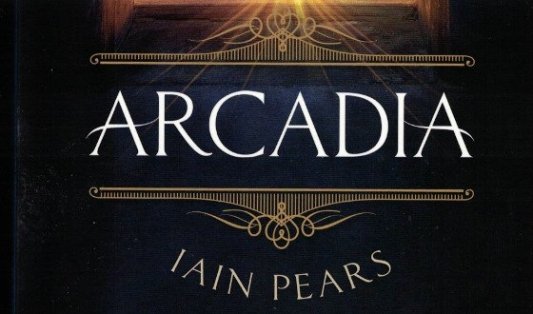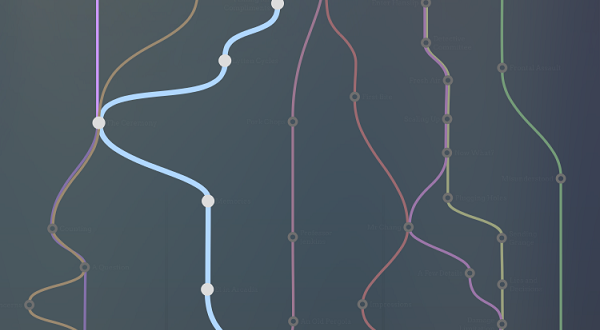

it's beautifully drawn and interesting, with great characters, and an inherent time-travel potential paradox tragedy that threatens to destroy all universes. Who can't appreciate this? It's not only literary. So let's look at this: pastoral, historical spy fiction, hard-SF.Ĭome on.

Very much so.īecause what we've got is a fine literary blending of the key and core beauties of what made up pastoral literature back in its heyday, its beauty, its undercurrents of politics, its transpositions of topics both obvious and subtle, with what turns out to be a detailed historical spy novel couched within the omnipresent and omniscient black machine of a dystopian future society getting caught up in the potential nightmare of having just discovered time-travel. but why it is delightful to the crafting of the entire tale. Indeed, Pears points us right at potential problems and says, hey, look at this, I'm going meta, but rather than just dancing around the issue, I'm going to give you background, reason, plot development, and even more foundation as to WHY this meta is not only necessary. I could simply say that I was delighted and I can continue to be enthusiastic about this novel for ages, but instead I'll try a few of my ideas out, perhaps calling it the Cloud Atlas that's better than Cloud Atlas, pulling together a narrative that is not only interesting but actually makes a lot of sense in the final pull-through, unlike Mitchell's rather overhyped (mainstream) SF. Indeed, it means that there's so much going on in here that I simply want to keep talking about. There are so many ways I'm tempted to tackle this review, nearly as many ways as there is to read this novel, and that's not a bad thing. When the authorities come knocking, she will make an important decision-one that will reverberate through all these different lives and worlds.

Elsewhere, in a distopian society where progress is controlled by a corrupt ruling elite, the brilliant scientist Angela Meerson has discovered the potential of a powerful new machine. There she meets a young boy named Jay who is about to embark on a journey that will change both their lives. He finds an unlikely confidante in Rosie, an inquisitive young neighbor who, while chasing after Lytten's cat one day, stumbles through a doorway in his cellar and into a stunning and unfamiliar bucolic landscape-remarkably like the fantasy world Lytten is writing about. In Cold War England, Professor Henry Lytten, having renounced a career in espionage, is writing a fantasy novel that dares to imagine a world less fraught than his own.

From the author of the international best seller An Instance of the Fingerpost, Arcadia is an astonishing work of imagination.


 0 kommentar(er)
0 kommentar(er)
